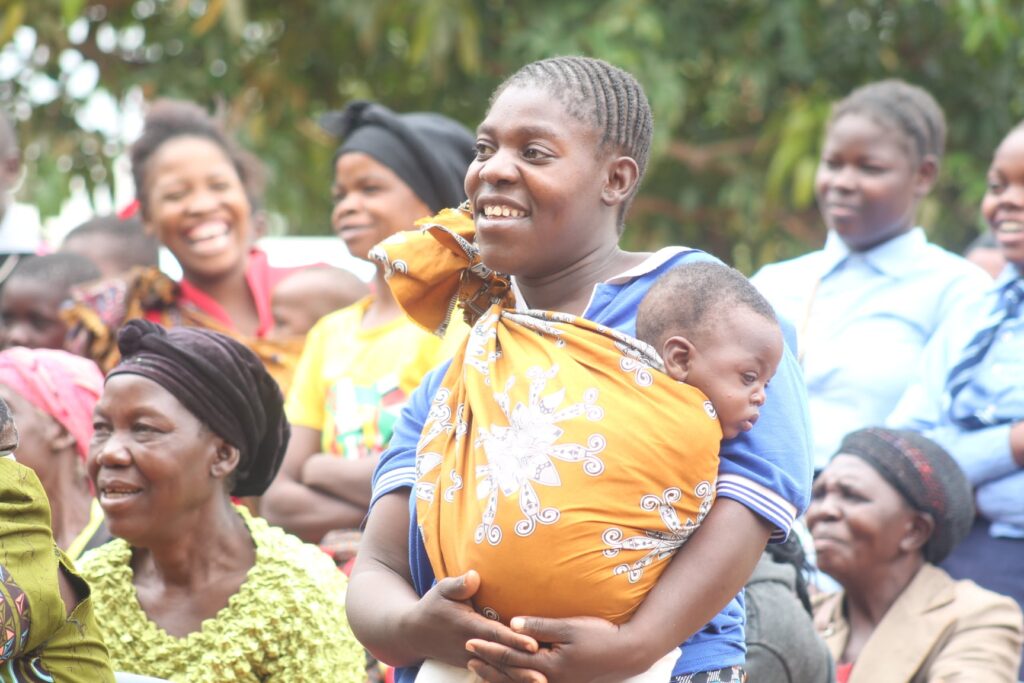
Strengthening Social Workers and CBOs on Mental Health Programming and Psychosocial Support (MHPSS)
The conflict in Northern Mozambique, forced displacement, and natural disasters, including Cyclones Idai and Kenneth, severely impacted children, caregivers, and communities, leading to increased stress, anxiety, and mental health issues. With funding from UNICEF, the REPSSI project successfully strengthened social workers and Community-Based Organizations (CBOs) in priority provinces to provide Mental Health and Psychosocial Support (MHPSS). The project enhanced skills, offered psychological assistance, and addressed the emotional and social needs of affected populations, especially children, in both development and humanitarian contexts.
OUR PROGRAMMING
The REPSSI’s Strengthening Social Workers and CBOs on MHPSS project employed a holistic, community-centered approach to address the mental health needs of children and caregivers impacted by conflict and natural disasters. It focused on capacity building for social workers and community-based organizations, promoting local engagement and ownership. The project integrated mental health and psychosocial support into existing community services, particularly targeting vulnerable populations. A robust monitoring and evaluation framework ensured continuous improvement and responsiveness to the needs of beneficiaries, fostering resilience and well-being.

PROJECT APPROACH

The Strengthening Social Workers and CBOs on MHPSS project employed a comprehensive, community-driven approach to address the mental health needs of children and caregivers affected by conflict and natural disasters. It focused on capacity building through training social workers and community organizations to enhance MHPSS service delivery. Community engagement ensured cultural relevance, while integrated services provided comprehensive support. Vulnerable populations received special attention, and a robust monitoring framework was established for continuous improvement, fostering resilience in affected communities.
The Strengthening Social Workers and CBOs on MHPSS project prioritized capacity building to enhance the effectiveness of social workers and community-based organizations (CBOs) in delivering mental health and psychosocial support (MHPSS). This involved conducting comprehensive training workshops focused on culturally relevant practices tailored to local communities. An ongoing mentorship framework provided continuous support and guidance. The project also developed training materials and promoted collaboration among social workers and stakeholders for knowledge sharing. Additionally, training on monitoring and evaluation empowered participants to assess impact and improve service delivery effectively.
The Strengthening Social Workers and CBOs on MHPSS project implemented targeted interventions that significantly improved mental health and psychosocial support for beneficiaries. By providing comprehensive training to social workers and community-based organizations (CBOs), the project equipped them with the necessary skills to deliver effective MHPSS services tailored to local needs.
Community engagement fostered trust, leading to enhanced emotional well-being and life skills among beneficiaries, including children and caregivers. Vulnerable populations, such as children with disabilities, gained equitable access to essential services, resulting in greater social inclusion and resilience against the stressors from conflict and natural disasters.
After implementing the Strengthening Social Workers and CBOs on MHPSS project, REPSSI learned that community engagement is vital for culturally relevant support and trust. Capacity building significantly enhances service delivery, necessitating ongoing education and mentorship for social workers. Integrating MHPSS with existing services provides comprehensive support for beneficiaries. Addressing the specific needs of vulnerable populations ensures equitable access, while robust monitoring and evaluation allow for data-driven adjustments to improve project outcomes.
The Strengthening Social Workers and CBOs on MHPSS project implemented a robust monitoring and evaluation (M&E) framework to assess its impact and ensure continuous improvement. Key components included establishing clear indicators to measure the effectiveness of mental health and psychosocial support (MHPSS) interventions. Regular data collection methods, such as surveys and focus groups, gathered participant feedback. Additionally, capacity-building workshops trained social workers and community organizations (CBOs) on M&E practices, fostering a culture of learning and adaptation to better meet community needs.
